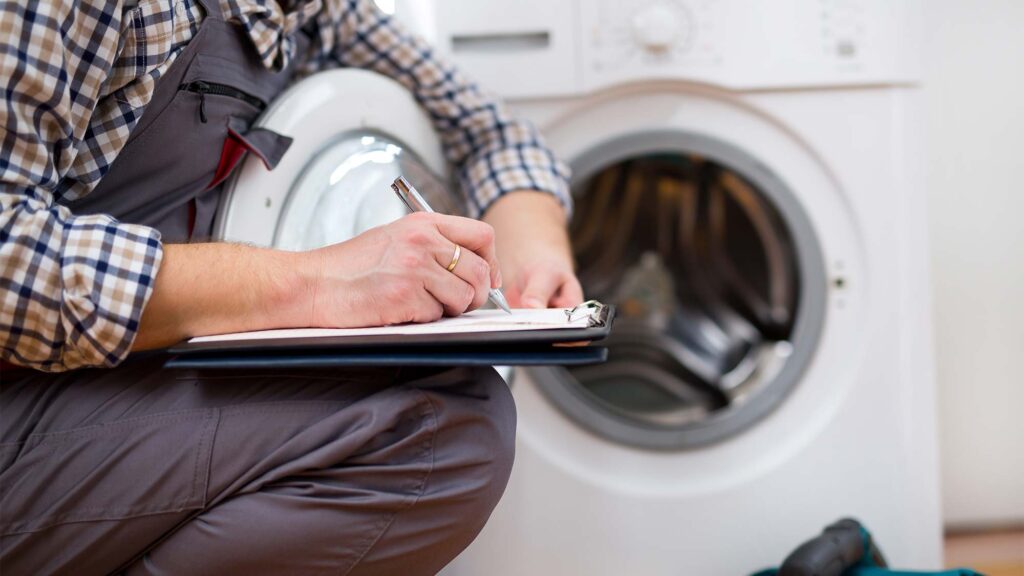Today it is quite normal to pay for home, car, or personal insurance for ourselves and our family in case something bad happens. Of course, we all hope that this will not happen and that this is a “wasted investment”. Of course, on the other hand, it is good to know that insurance will cover the costs of damage in case of injury or damage to property and vehicles caused by various weather conditions and other conditions.
Buying real estate is a big and very important item in the life of every man. Given that this is a large investment, our goal is to keep it in the best possible condition and to prevent additional costs if possible. Although it sounds similar, it is important to note at the outset that home insurance and home warranty are not the same. Home insurance mainly covers damage caused by various natural disasters (wind, fire, storms, and so on) and theft. But what about housekeeping? This is exactly what a home warranty is for. Thus, the home warranty covers the maintenance of kitchen appliances, electrical installations, plumbing, and air conditioning system. This is certainly optional but highly recommended.
As with choosing an insurance policy, it is very important here that you give your trust and money to the right insurance company. But before you do, it is important that you know a few things about a home warranty.
1. What does it cover?

The choice of insured dangers is up to you. We have already mentioned that this is not about home insurance. If you decide on a warranty, you will have benefits related to electrical and water installations, maintenance of the air conditioning center, as well as the repair of certain appliances, most often kitchen.
Insurance is concluded on the amount of insurance that represents the value of the subject of insurance. The sum insured is also the maximum amount that can be paid in case of any of the risks.
2. But you will still have to pay for the repairs

Even if you have a home warranty, be prepared to pay additional costs, of course significantly reduced. In addition, it is important to know that the warranty covers repair, not replacement of appliances if necessary.
3. The warranty has its repair service

It is very important to know that you cannot choose a repairman yourself, but the warranty provider will do it. While this may seem unfair to you because you feel you have a better master, this has proven to be very effective as it greatly saves your time. It is up to you to decide which warranty company to trust. You can learn more about it if you visit completecarehomewarranty.com.
4. Read the contract carefully

Home warranty companies basically cover the same breakdowns, but they can vary, both in that and in the price, you pay on a monthly basis. Read the contract you are signing carefully.
5. Defining risk

There is no single definition of risk. Risk is defined as “the uncertainty of the occurrence of damage”. Although defined as uncertainty, employees in the insurance industry often equate this term with the term “assets” or “life” to identify the risk of being insured. Risk in a broader sense is a danger, the possibility of losing tangible and intangible assets is a future uncertain event. Exposure to risk does not always result in a loss, but can also result in a gain. For this reason, it is necessary to distinguish between insurable and uninsured risks.
6. The benefits of a home warranty

Like any other type of warranty, this one is designed to protect you from unforeseen expenses. Still, think carefully about whether this is what you need. If your home appliances are new and certainly have a warranty, you may not need this type of warranty. However, if the warranty has expired but they are still in good condition, our advice is to protect them this way. If they are worn out, it might be better not to set aside any extra money but simply take it in for repair when that happens, or replace it with a new one.
When it comes to real estate security, it is advised not to allow every stay outside the home, whether you are the owner or tenant of a residential building, to be spent worrying about real estate security and possible undesirable situations.
Final thoughts
We consider a house or an apartment as our home and safe haven, to which nothing can happen. We feel protected, so we don’t have to insure it further. It is easier for us to opt for other forms of insurance, such as compulsory car insurance, comprehensive insurance, road protection, etc., while we often forget our property, and the damage can be the greatest.
Property insurance and guarantee belong to non-life insurance and are one of the most common types of insurance. It is extremely important to provide those things that a man has created during his working life, whether it is a house, an apartment, or household appliances. The property you have acquired gives, in a sense, your personal stamp to the environment in which you live and work. You have invested money, knowledge, and time in it and that is why it is very important that you do not forget another missing detail, and that is exactly the security of the same.
The most appropriate way to think about property insurance is as part of regular property maintenance. Each property has its own annual maintenance cost. But unforeseen circumstances such as fire, earthquake, or pipe burst can cause disproportionately high costs, which sometimes call into question the essential value of the property itself. Your property insurance cannot prevent accidents, but it can certainly mitigate the consequences, reduce financial damage.
So, before you make this step, think about benefits you can expect. Think of this as a worthwhile investment hoping you will never need it, or at least not often.









